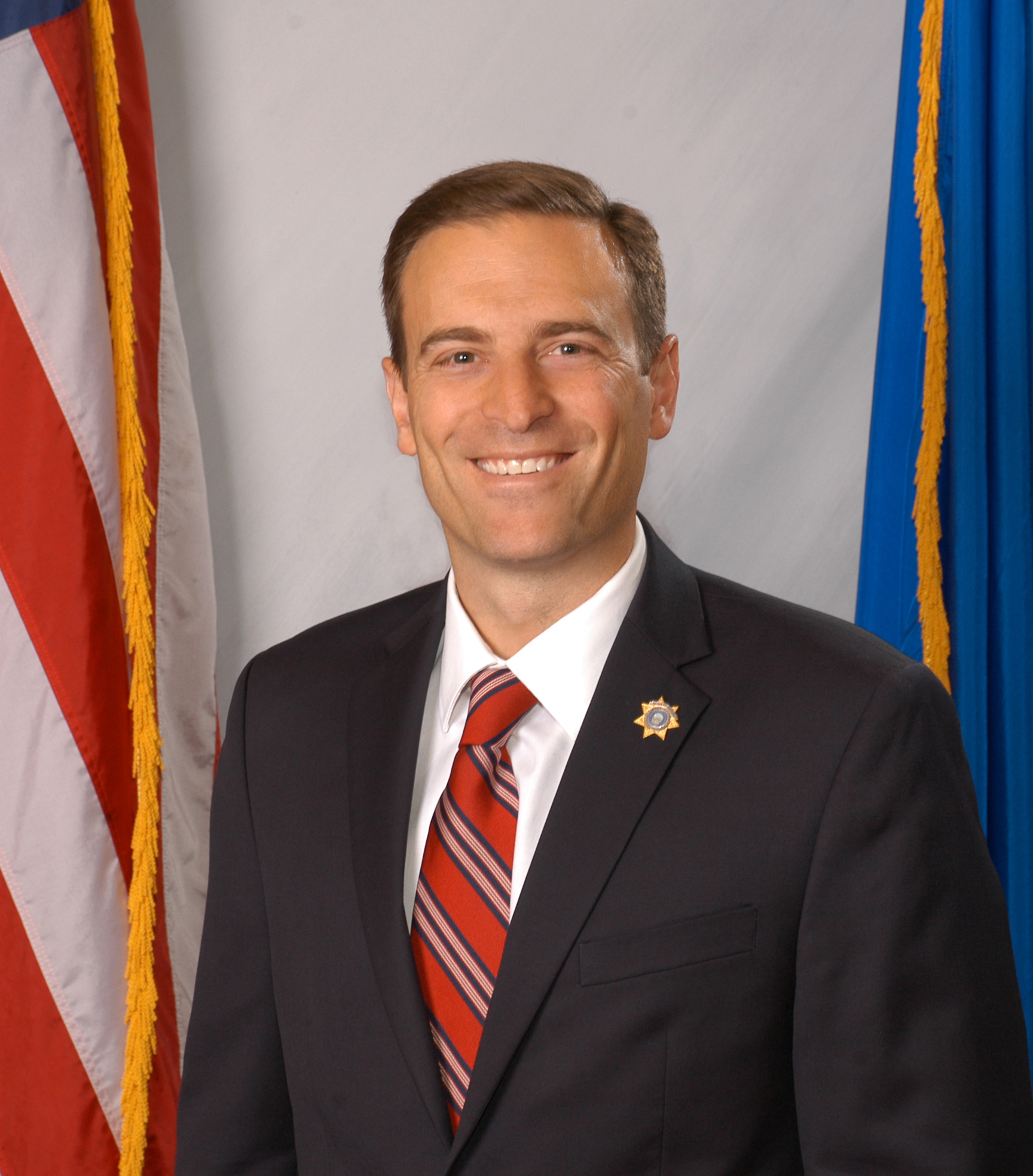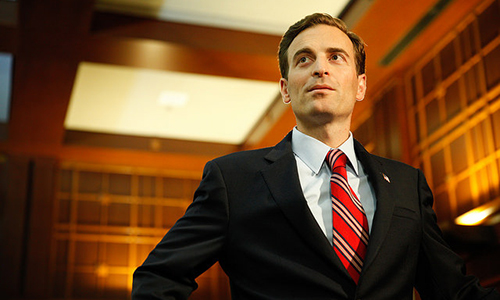Nevada AG Adam Laxalt’s Co-Signing RAWA Letter Triggers Pushback from State Officials
The co-signing of a letter by Nevada Attorney General Adam Laxalt, sent last month to the incoming Trump Administration and calling for a virtual ban on almost all forms of online gambling across the United States, has triggered a heated pushback from prominent officials across Nevada.

Nevada Attorney General Adam Laxalt’s election was significantly funded by donations from Sheldon Adelson and Las Vegas Sands Corp. Laxalt’s recent signing of a letter supporting Adelson’s “RAWA” push, which would hurt other Nevada companies, appears to be a blatant quid pro quo.
Among the officials expressing displeasure with Laxalt, in various ways, are Nevada Governor Brian Sandoval, US Representative Dina Titus (whose Las Vegas district includes the famed Strip), and Nevada Gaming Control Board Chairman A.G. Burnett.
Burnett, whose agency is charged with regulatory oversight of both the live and online versions of the state’s gaming industry, offered a comment of rebuke to “Ralston Reports” host Jon Ralston. “Internet gaming in Nevada has been a complete regulatory success,” Gaming Control Board Chairman A.G. Burnett said. “We’ve had no issues with patron protection or ensuring it is done to the letter of the law. I’m disappointed Mr Laxalt didn’t consult with his clients on this.”
Ralston also contacted a spokesman for Governor Sandoval, who confirmed that “he doesn’t support this.” Sandoval was already on record as opposing Laxalt’s intent on signing such a letter as the one sent to VP-elect Mike Pence last week, as Laxalt acknowledged that intent more than a year ago. And, as showcased here at Flushdraw last October, Laxalt enjoys a very cozy relationship with the major villain facing the US online-gambling scene, Sheldon Adelson. Adelson not only was the primary benefactor behind Laxalt’s election campaign, but one of Adelson’s most-favored lobbying firms also employs Laxalt’s sister, Tessa, in an executive role.
Perhaps the largest pushback against Laxalt’s signing of the RAWA-themed letter, however, was offered by Rep. Titus, the Vegas Strip area’s elected representative to Congress. In a letter Titus wrote to VP-elect Pence yesterday, immediately following the uproar over the Adam Laxalt co-signed letter, Rep. Titus directly contradicted several of the falsehoods and misleading claims in the Laxalt letter, which is believed to have been crafted by Adelson’s lobbyists.
Here’s an excerpt from that letter, which has been made available today by multiple sources:
“The letter submitted by the Attorneys General contains several inaccuracies and unfair allegations. For example, the letter cites a study of youth in Connecticut and their online gambling habits. Unfortunately, the letter fails to note that online gambling is not legal in Connecticut, so any adolescent online gaming would be done by utilizing offshore or illegal Internet sites. In Nevada, where there ae effective controls in place to verify age and location, there has not been a single reported instance of minors playing poker online.
“Furthermore, throughout the letter there is no distinction made between legal online gaming and illegal operations. In states where online gaming is legal and regulated, there are extensive consumer protections in place that are enforced by state law enforcement authorities.”
As one of the three US states where online gambling is already legalized and regulated, Nevada had assumed a leadership role in the nascent industry and a federal ban could possible wipe away tens of millions of dollars of infrastructure investment already spent by other Nevada casino corporations, most of whom strongly favor online gambling.
In contrast, Adelson’s illogical opposition has done more than split the gaming industry and neutered the AGA (American Gaming Association) on the topic. Adelson may also view his paid push for a RAWA-style ban as a mans to inflict additional damage on his direct Nevada competition, who collectively continue to embrace the online-gambling world as a complimentary, future-growth market.




















COMMENTS